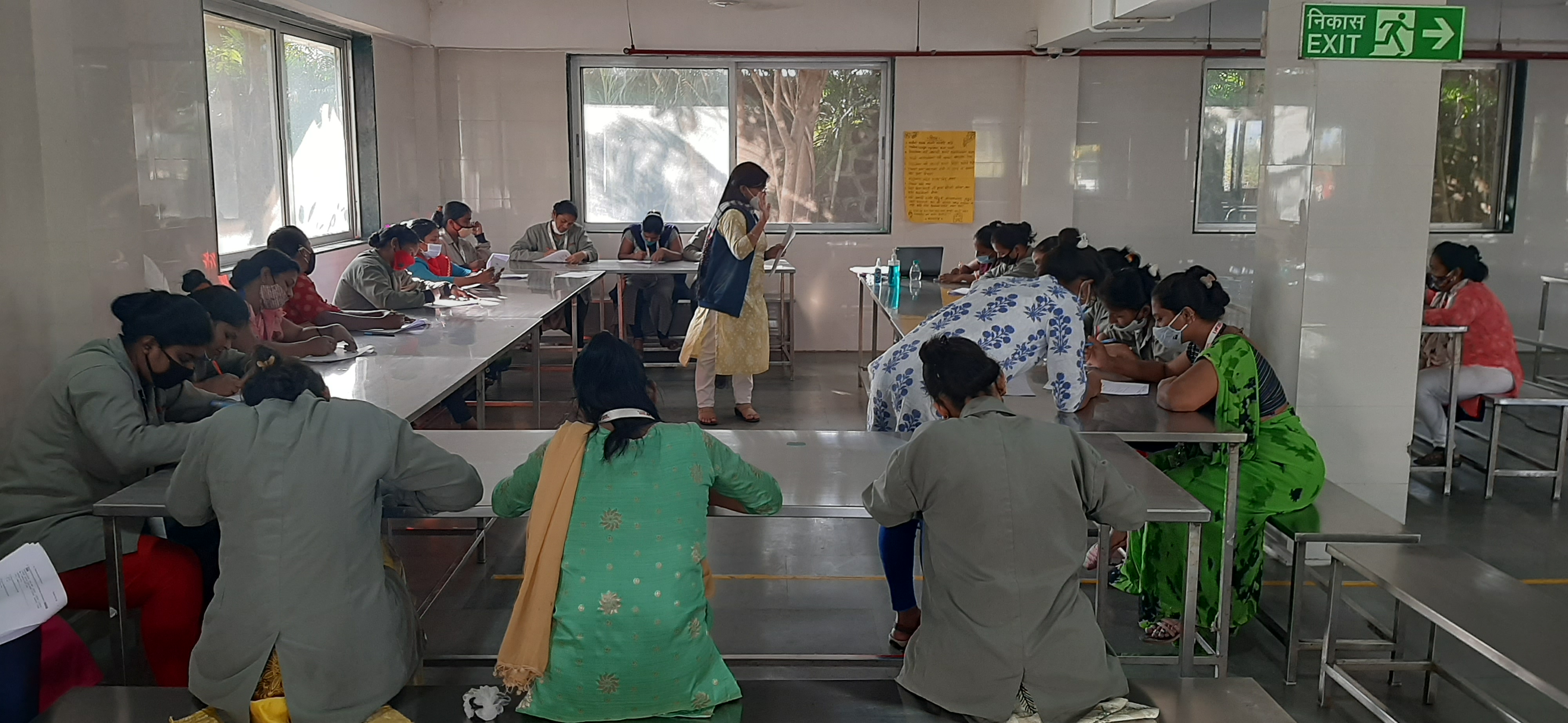

India continues to grow in importance as a major manufacturing location in international supply chains, with an increasing number of toy brands placing more orders with Indian factories. These toys are more than just playthings - they represent a booming industry that drives economic growth and provides employment opportunities for millions of people. With India's strong economic growth, it's no surprise that the labour-intensive toy manufacturing industry in India is expected to grow from $1.35 billion in 2021 to $3.3 billion by 2024.
However, with this growth comes a responsibility to ensure that the workers who make these toys are treated fairly and with respect. An incidence of child labour in lower supply chain tiers, a lack of decent work opportunities for women and young workers, poor living and working conditions, discrimination against women and migrant workers, and the absence of family-friendly workspace activities can hamper the industry’s contribution to positive social impacts for children, women, and families.
The Centre for Child Rights and Business (The Centre) recently undertook a supply chain mapping and social needs assessment in the India supply chain of a large toy brand to assess human rights and child rights risks across three toy factories and to identify opportunities for the brand and its supplier factories to strengthen the well-being of workers employed at these factories.
The assessment identified significant some key challenges encountered by the factory workers. Among the challenges inadequate compensation, posing a direct impact on the welfare of the employees and their children. According to the survey, approximately 35% of workers in tier 1 factories reported struggling to cover their basic living expenses due to insufficient wages. This also makes it difficult for them to afford their children's education expenses. The assessment also found weak grievance policies and consequently poor implementation thereof. This, coupled with the high use of labour contractors, significantly increased the risk of labour rights violations for contract workers (including a lack of social security benefits). The prevalence of gender inequality at the workplace and beyond, which was also found to be a recurring issue. Furthermore, the assessment indicated a medium risk of child labour in the factories, especially in relation to the management of subcontractors where risks are heightened.
Overall, assessment emphasised the urgent need for fair wages, safe working conditions, effective grievance mechanisms and improved subcontractor management to address the challenges facing workers in the toy manufacturing industry.
The Centre continues to expand its work in India, with projects covering farming and manufacturing sectors in the country. Our team of fully trained child labour case managers in India are available to provide our child labour remediation service which includes tackling child labour in high-risk sites and locations such as textile mills in Southern India.
Please contact us if you need support to conduct a child labour risk assessment or would like more details on our child labour remediation support in different countries.
2025/03/26
ETI Insights Webinar: Mined Minerals & Metals – Challenges & Opportunities in HRDD | April 3By using this website, you agree to our use of cookies. We use cookies to provide you with a great experience and to help our website run effectively.